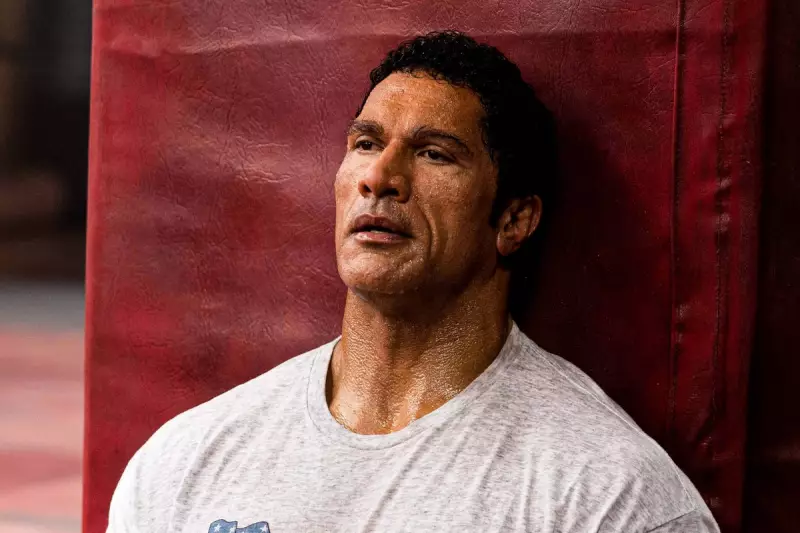
Dwayne Johnson, global superstar known for his family-friendly blockbusters, shatters his own mould in a breathtakingly raw and vulnerable performance. This is not the charismatic 'Rock' audiences are familiar with; this is Johnson, the serious actor, fully embodying the tragic, hulking figure of Mark Kerr, the legendary MMA fighter known as 'The Smashing Machine'.
Directed by Benny Safdie (of the Safdie brothers), the film is a stark, atmospheric dive into the brutal, pain-fuelled world of early mixed martial arts. It eschews glamour for a gritty, almost documentary-like realism, focusing on the peak of Kerr's career and the devastating opioid addiction that threatened to destroy him.
A Performance of Unprecedented Depth
Johnson's transformation is nothing short of remarkable. He captures Kerr's immense physical presence, but more importantly, he conveys the profound vulnerability, pain, and quiet desperation of a man battling his own demons both inside and outside the cage. The performance is a masterclass in physical and emotional storytelling, likely to redefine his career and generate significant awards buzz.
Emily Blunt's Powerful Counterpoint
As Dawn Staples, Kerr's wife who struggles to hold their world together, Emily Blunt provides the film's emotional anchor. Her performance is a powerful, heart-wrenching portrait of love, frustration, and resilience in the face of a partner's self-destruction. The chemistry between Johnson and Blunt is palpable and complex, forming the tortured core of the narrative.
More Than a Sports Movie
While the fight scenes are visceral and brilliantly choreographed, The Smashing Machine is ultimately a deep character study. It's a harrowing exploration of addiction, the culture of violence, and the immense pressure placed on athletes. Safdie's direction ensures the film is not an easy watch, but an intensely compelling and morally complex one that lingers long after the credits roll.
This A24 production is a bold, audacious, and unforgettable piece of cinema that announces a new, dramatic chapter for Dwayne Johnson and solidifies Benny Safdie's reputation as one of the most exciting directors of his generation.





